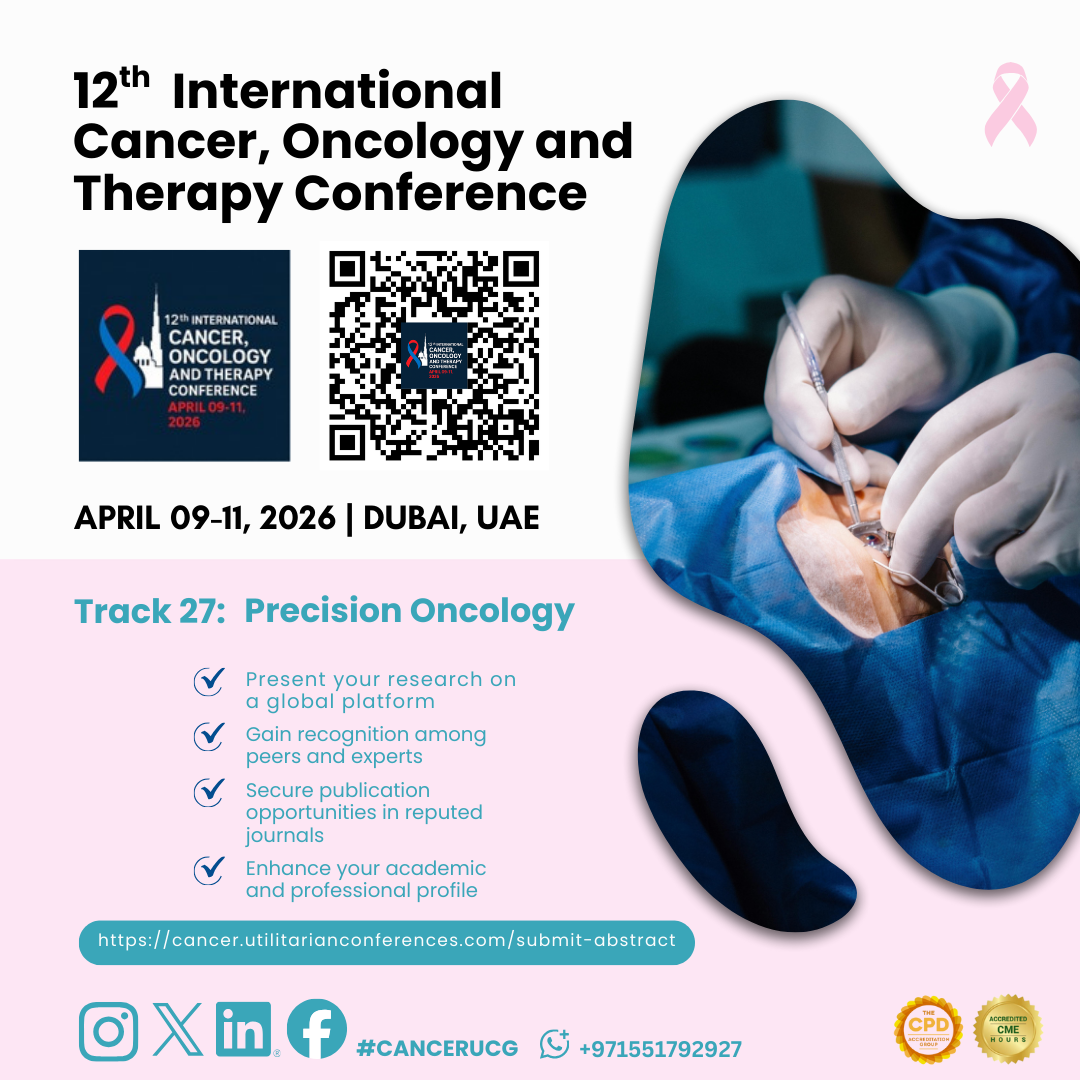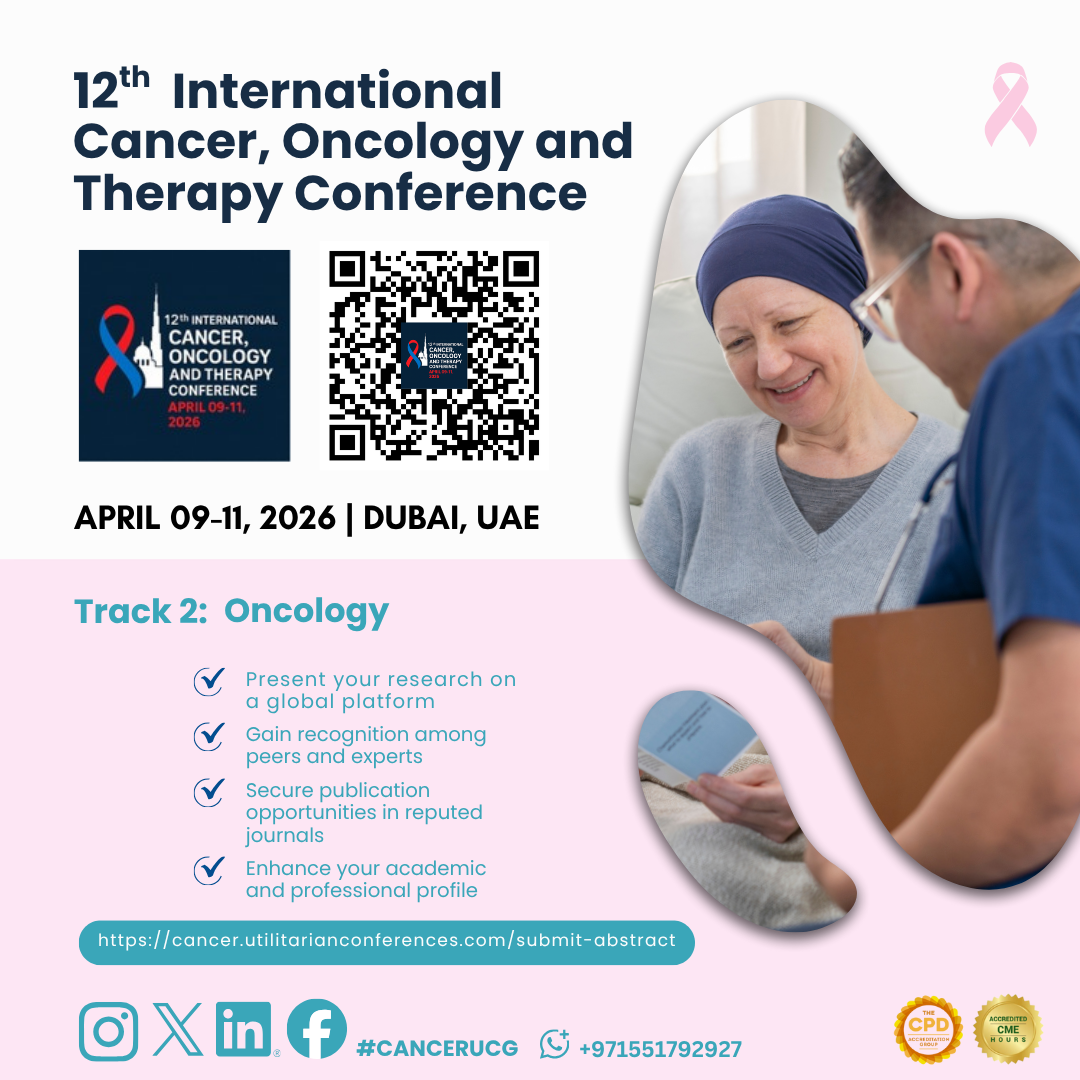What is Precision Oncology?
Precision
Oncology is
a field of cancer treatment that tailors medical care to the individual
characteristics of each patient and their cancer. It leverages advanced
technologies, such as genomic sequencing, molecular profiling, and biomarker
analysis, to understand the specific genetic, molecular, and environmental
factors driving a person's cancer. By doing so, precision oncology enables more
targeted and effective treatments, often with fewer side effects compared to
traditional approaches.
Key Features of Precision
Oncology:
- Genomic Profiling:
- Analyzing the DNA of cancer cells to identify
specific mutations or genetic alterations that are driving tumor growth.
- Common targets include mutations in genes like
EGFR, BRCA1/2, and KRAS.
- Targeted Therapies:
- Treatments designed to target specific molecules
or pathways involved in cancer growth.
- Examples include tyrosine kinase inhibitors
(e.g., imatinib for CML) and monoclonal antibodies (e.g., trastuzumab for
HER2-positive breast cancer).
- Biomarkers:
- Identifying biomarkers (e.g., PD-L1 expression,
microsatellite instability) to predict response to certain therapies.
- Biomarkers can guide the use of immunotherapies,
such as checkpoint inhibitors.
- Liquid Biopsies:
- A minimally invasive technique to detect
cancer-related genetic material in blood.
- Useful for monitoring treatment response or
detecting recurrence.
- Patient Stratification:
- Categorizing patients into subgroups based on
their genetic profiles, enabling personalized treatment plans.
- Clinical Trials:
- Precision oncology often involves enrolling
patients in clinical trials for experimental therapies matched to their
cancer's molecular profile.
Benefits:
- Improved Outcomes: Higher efficacy by targeting specific cancer mechanisms.
- Reduced Side Effects: Sparing normal cells by focusing on cancer-specific targets.
- Early Detection and Monitoring: Enhanced ability to detect and track cancer
progression.
Challenges:
- Access and Cost: Advanced diagnostics and therapies can be expensive and
inaccessible in some regions.
- Complexity: Understanding and interpreting genetic data require specialized
expertise.
- Resistance: Cancers can evolve, developing resistance to targeted treatments.





